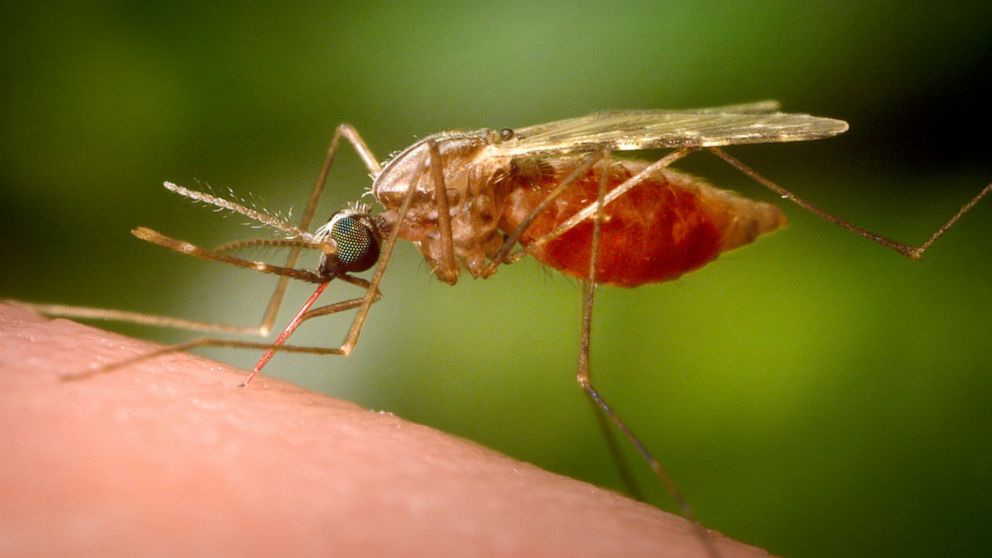The Facts
A new study conducted in the Kalifabougou and Torodo villages of Mali found that a one-time dose of an experimental malaria antibody treatment can protect adults from the disease for at least six months.
With the World Health Organization's (WHO) new malaria vaccine for children requiring four doses and only 30% effective, scientists hope the new lab-made, one-dose antibodies will provide an immediate amount of protection instead of relying on the body's immune system.
The Spin
Narrative A
This study is a massive development for millions of Africans — including children and pregnant women — as well as travelers to the continent. The first treatments have already shown profound efficacy, and researchers are now looking into developing shots. This could be a massive breakthrough in providing relief across malaria hot spots.
Narrative B
While this news is certainly a cause for celebration, many issues must be dealt with before we can begin thinking about distributing antibodies as an anti-malarial treatment. It still takes too long to administer this drug intravenously, and children still need to be tested. Cautious optimism is warranted, but there's a long way to go.
